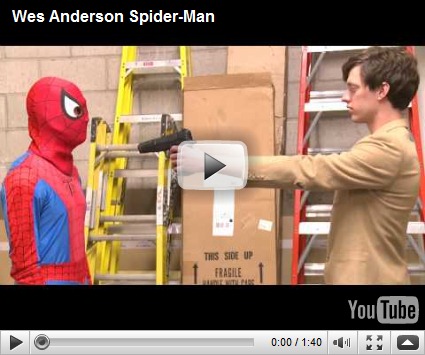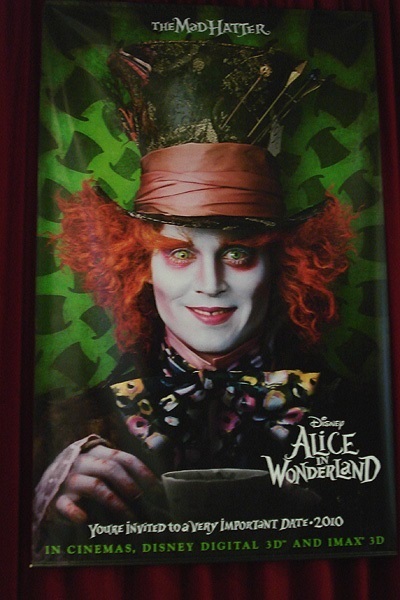My wife and I caught about ten minutes of the Golden Globe Awards last night, and I came away wondering:
Why are the best acting awards divided along gender lines?
While there are competitive endeavors in which the division of the sexes seems reasonable (basketball, soccer, and similar athletic events, at least for now), there is no discernable reason why actors and actresses cannot compete against one another, and I can’t imagine why they would not want to vie for the same award.
Frankly, I would prefer my daughter grow up in a world in which she does not see these divisions along gender lines as necessary or inevitable. I want her to have the opportunity to compete against men wherever and whenever there is a level playing field, and acting would seem to be one example of this.
My wife argues that the division of the sexes in the Golden Globes provides an opportunity for more awards, and therefore more people can be recognized for their excellence. But if increased awards this is the motive for these gender-based distinctions, why not choose distinctions that matter rather than ones related solely to genitalia and chromosomes?
How about best actor in a fictional role and a non-fictional role? Or best actor in a period and non-period piece? These distinctions at least seem more meaningful than best actor with a penis and best actor with a vagina, which is the distinction that we currently have.
And if we are really interested in this division of gender in order to increase the number of awards, why isn’t the Best Director award similar divided? Women and men must compete against one another for the directorial award (last night James Cameron beat Kathryn Bigelow in what many considered to be an upset), while the actors and actresses whom they direct do not have the same opportunity.
If I were Hilary Swank, I’d be mad as hell. I bet she’s dying to kick Russell Crowe’s ass.
Even the term actress provides a dilemma. While many female television and movie stars still use the term actress to describe their profession, a growing number now prefer to be referred to as actors. But the Golden Globe and Academy Awards that honor these women still utilize the actress moniker. Best Actress and Best Supporting Actress remains the name emblazoned on these awards. What happens when a woman who insists on being referred to as an actor is awarded the Best Actress Oscar?
Does she decline?
Does she scrape the word actress off the statue and have it replaced with actor?
If everyone was competing for the same statue, problems like this would not exist. And doesn’t the move away from the term actress signal a belief similar to my own?
And what happens when we have our first transgender or multi-gendered actor/actress is nominated for an award? This issue has already proven troublesome in the sporting world, where a division of sexes at least seems reasonable. What happens when it arises in a competition that is divided along gender lines for no apparent reason?
Are Meryl Streep and Kate Winslet afraid to compete against the likes of Sean Penn and Jack Nicholson?
More importantly, why are they not clamoring to do so, if not or their own sakes, for the sake of my daughter?






